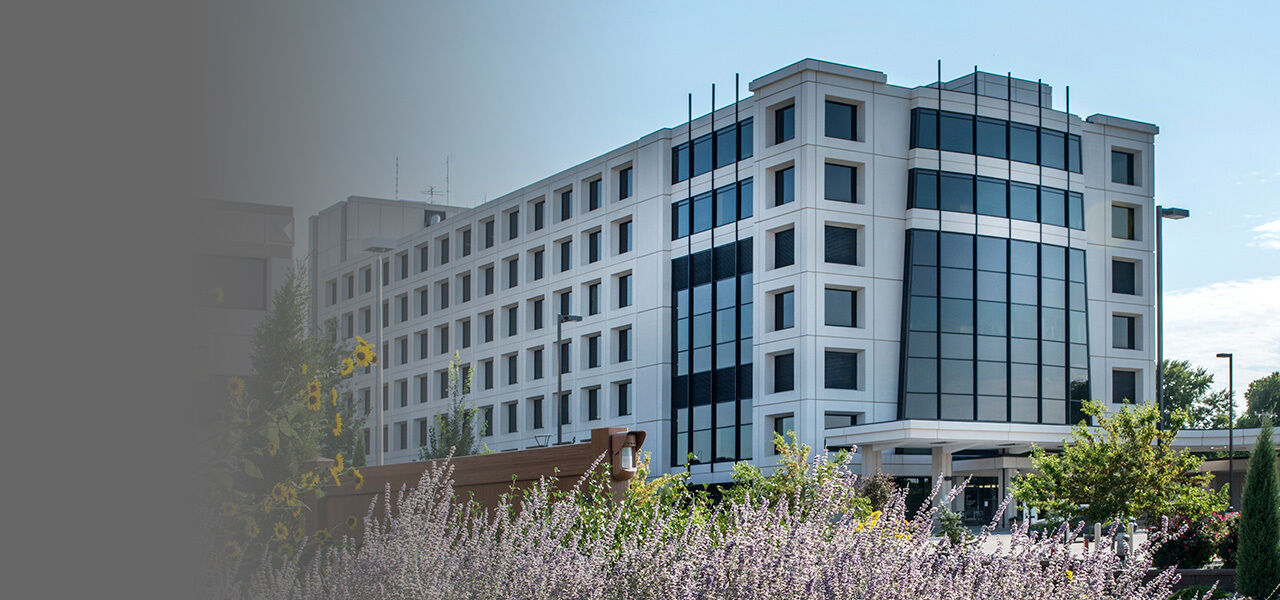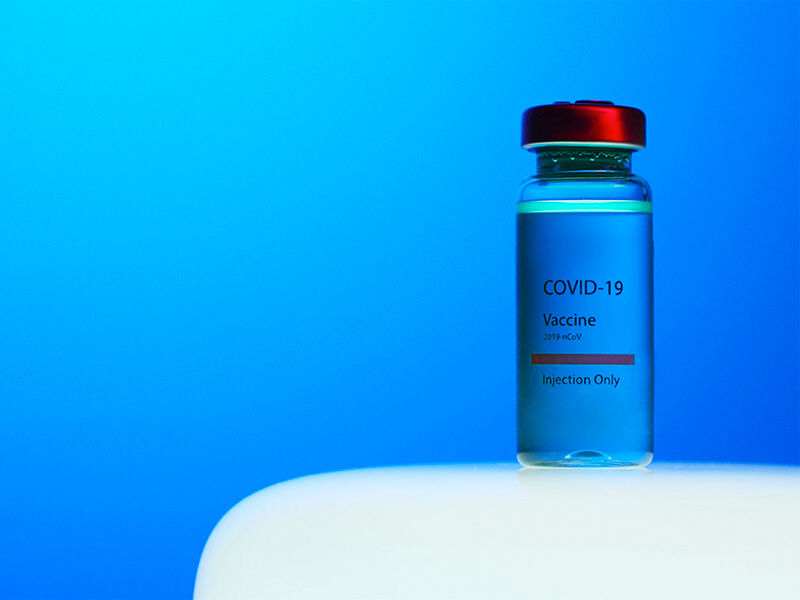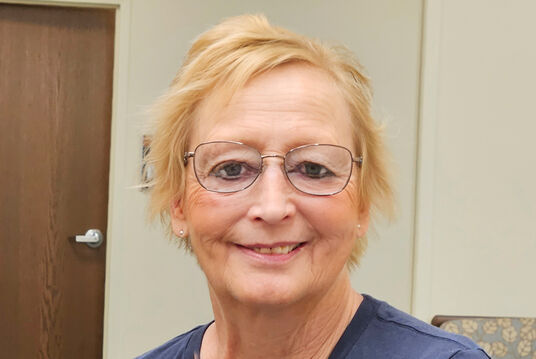Photo by Artem Podrez - pexels.com

Justin Lane, PharmD BCPS, Antimicrobial Stewardship Pharmacist, answers some FAQs about the COVID-19 vaccine.
What is a vaccine? What makes up the authorized COVID-19 vaccines?
A vaccine is a preparation that helps protect us against certain diseases. Commonly, vaccines contain dead or weakened forms of the microbes that cause diseases. Vaccines help the immune system recognize the real microbe quickly during a future infection, keeping you healthy and free from serious disease.
The current COVID-19 vaccines available in the United States are a bit different since they do not use dead or weakened forms of the virus that cause COVID-19. They are considered messenger RNA vaccines, or mRNA vaccines. Your body uses mRNA every day to produce proteins the body needs to sustain life. The body will use mRNA from the vaccine to create and mimic a protein found on the virus that causes COVID-19. After the body creates the protein, the mRNA is destroyed by the body naturally.
If a person is then infected with the virus that causes COVID-19 after vaccination, the body’s immune response will recognize the protein on the virus and mount a quick immune response to clear the virus before it becomes problematic.
Will the COVID-19 vaccine change my genetics?
No, the vaccine does not enter the area of human cells, the nucleus, where DNA is stored. DNA is what makes up our genetics. Since the components of the COVID-19 vaccine do not enter the nucleus, the vaccine cannot change our genetics.
“I am young and have a low risk of severe disease. Why do I need the vaccine?”
I hear this argument a fair amount. In my opinion, the answer is two-fold.
- Reduce your own risk of disease even if you are young and healthy, and
- Reduce the risk of transmitting the virus to others, which will reduce community transmission and help us get back to normal lives in a more timely manner
It is well-known that older patients with health conditions are at higher risk of severe COVID disease. However, we have seen young, healthy people with no health conditions become seriously ill due to the effects of COVID-19, as well. We also have seen many people suffer long-term effects (blood clots, heart attacks, fatigue) from COVID, which is not calculated into mortality rates you see on social media. With mass vaccinations, along with continued physical distancing and appropriate masking, we can significantly lower the community transmission rate and hopefully get back to more normal lives sooner rather than later.
Can the COVID-19 vaccine make you sick with COVID-19?
No. None of the vaccines in the United States contain the live virus that causes COVID-19. It is possible to become infected with COVID-19 just before or after vaccination because it takes a few weeks for immunity and protection to build in the body after vaccination. Although the current authorized vaccines are not 100% protective, they are considered extremely effective (94-95%) at preventing COVID-19 in large clinical studies. This means the vaccines are a valuable tool for fighting the pandemic.
What are the common side effects to the COVID-19 vaccine?
Side effects don’t mean the vaccine is unsafe. Most are due to your immune system going to work. Expect a sore arm. Some people have less pain at the site than they have from an influenza vaccine, while others experience more pain. This pain goes away in 24-72 hours in most cases.
The next most common side effects reported are headache and fatigue. Although less common, some people may have muscle aches and fever. Again, these side effects should fade away in 24-72 hours.
As with any medication or vaccine, there is a rare chance of allergic reaction with the COVID-19 vaccine. Patients receiving a COVID-19 vaccine will be monitored for 15 to 30 minutes after the shot to make sure they don’t have a reaction. We have not seen any cases of allergic reaction so far at Mary Lanning Healthcare and have vaccinated more than 1000 people.
My personal experience with the COVID-19 vaccine
I personally received both shots of the COVID-19 vaccine. After the first, I was excited, knowing I was reducing the risk of getting COVID and likely reducing the risk of transmitting the virus to others.
The evening of the first shot, I noticed some mild pain in my arm, similar or even less than a flu shot. It was still a bit sore the next morning, but the soreness resolved quicker than the soreness I experience with a flu shot. After the second shot I received three weeks later, I felt a slight headache and arm soreness within about four hours of the vaccine. That night, I experienced some fatigue and went to bed early, but felt much better the following morning. I did experience more side effects with the second shot, although they were mild and resolved within 48 hours.
My advice: Do your part, get the vaccine as soon as you can. Take care of yourself, and more importantly, take care of others. We can get through this if we do it together.







